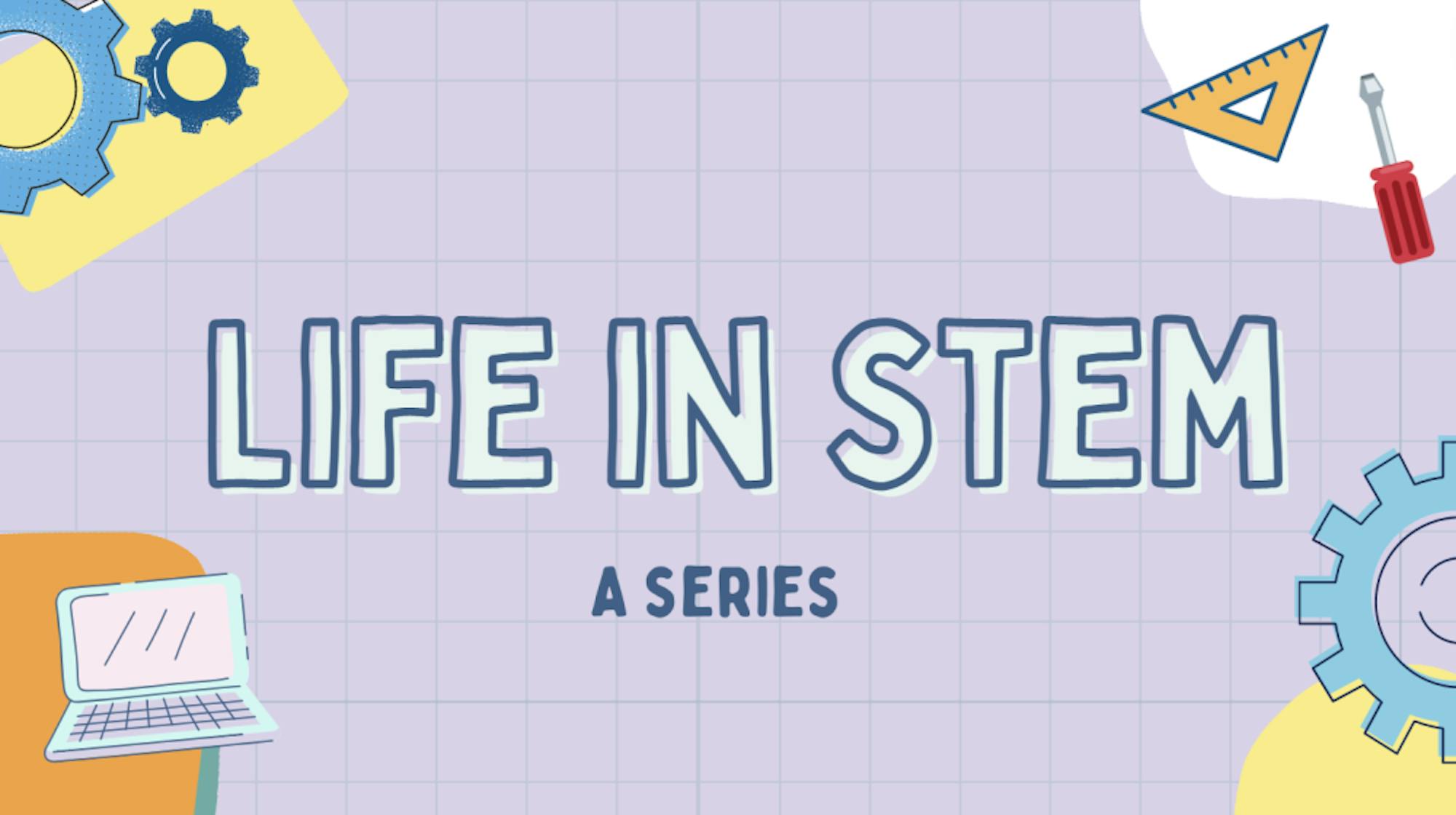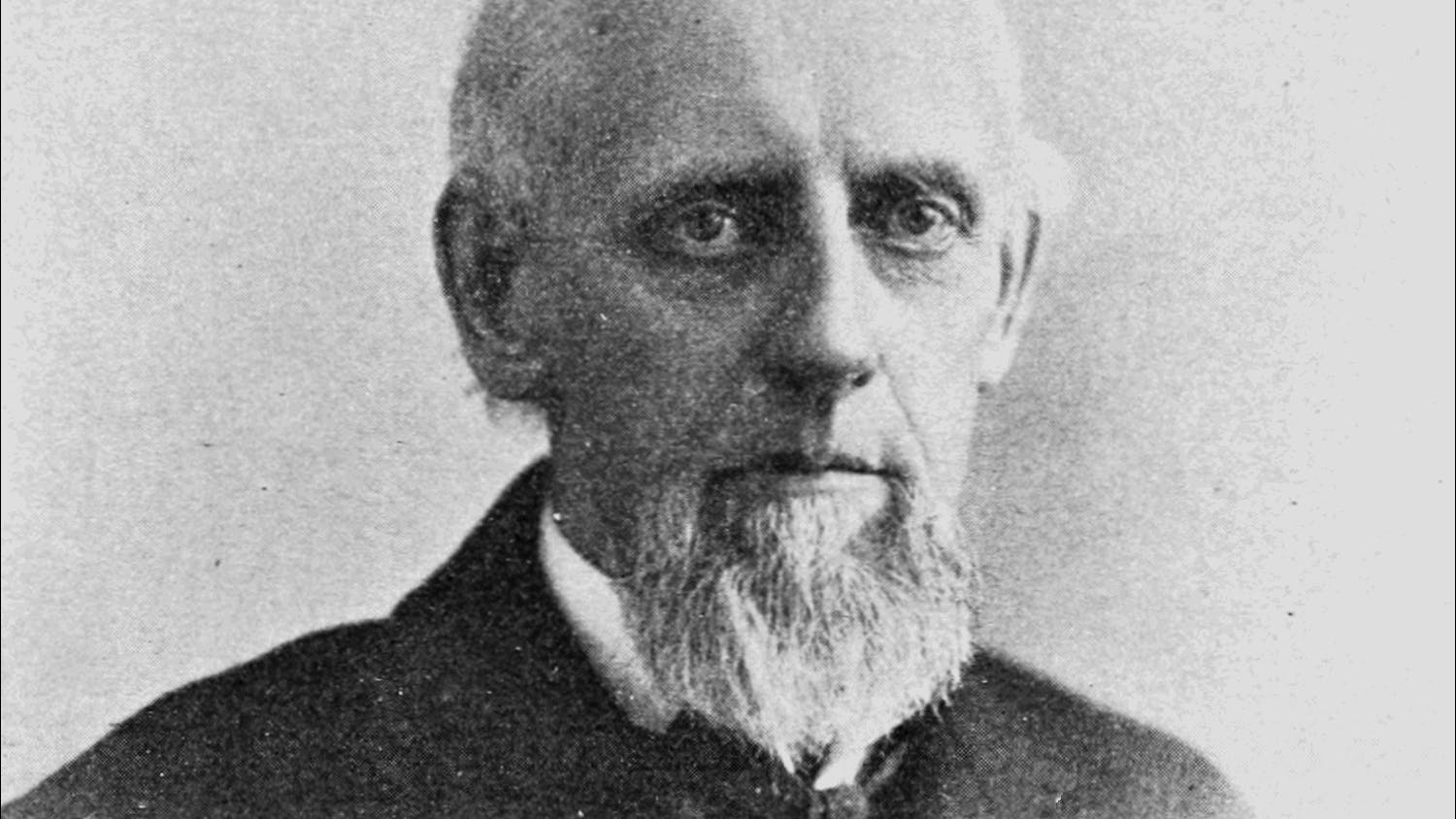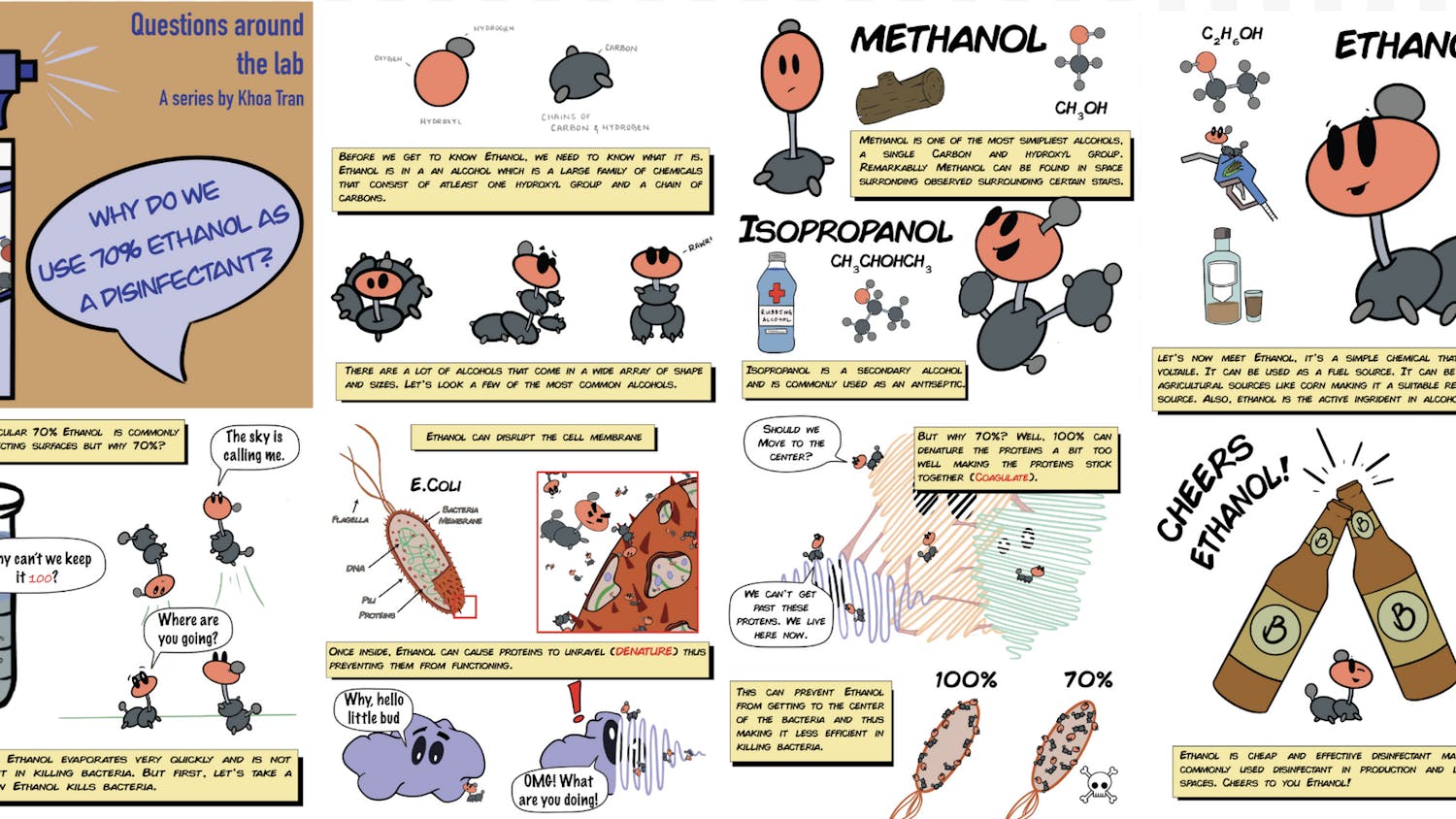The Daily sat down with environmental engineering major Kyrielle Lord, a junior, for a conversation about environmental activism and Lord’s Tisch Summer Fellowship with the Mystic River Watershed Association.
This interview has been lightly edited for length and clarity.
Tufts Daily: What is the Tisch Summer Fellowship?
Kyrielle Lord: Tisch Summer Fellows is through Tisch College. There are a few different parts of it. You have an internship with a community organization in the area and are also part of a reflection group with other Tufts students doing fellowships, which is really nice to talk about. It is a really nice way to engage in work that is meaningful to you, but also have the time to sit and reflect on it. I feel like something that happens in school a lot, or even just in general, is that it's hard to take the time to think about what you're learning and really process everything that's happening. So I really appreciated that I could kind of do both. I also got really lucky with my reflection group because everybody was very sweet and excited about their work. It's easy to get siloed working on your own projects, so just hearing about what other people are doing and what other work looks like is also particularly interesting.
TD: How does the fellowship matching process work? What is the format of the fellowship?
KL: Tisch College has a list of organizations that [have] pretty long standing relationships [with Tufts]. The Mystic River Watershed Association (MyRWA), where I was working, has had Tisch Summer Fellows for a few years. I was trying to find organizations that involved some kind of science because I want to figure out how to practice science and social justice work in tandem. Tisch does a lot to match you with what you're interested in, and a lot of behind the scenes work to make sure everybody is in a place that suits what they want to get out of a program, and what the organization is looking for.
TD: What inspired you to pursue environmental engineering as a major?
KL: Both of my parents are engineers, so I’m lucky that it's something I've been raised to think about. My mom especially has always been really supportive of me in any kind of STEM pursuit, which I really appreciate. Environmental engineering is the most holistic of the engineering fields. Some of our classes will ask questions that we don't necessarily have the answer to, just because they are such big questions. So I really appreciate that we're learning about science, but we're also learning how that directly impacts people. It's hard to understand the processes that are affecting the environment without understanding how that impacts people. Learning more about who is being impacted and starting to understand the scope of it is really powerful for me. It's hard to learn about all of the things that are going wrong in the world all the time, but it is very nice to get a better understanding of what's going on. And hopefully, there will be a way to understand these problems and to figure out better solutions than the ones we have right now.
TD: What kind of work did you do at MyRWA?
KL: As an Environmental Science and Stewardship Fellow at MyRWA, I was in a group of four other students. We did a lot of group work, which is amazing because everybody had very different backgrounds and brought a lot of different perspectives. We would work with watershed scientists and also in the office under the outreach coordinator. On Mondays and Tuesdays, we would do water sampling and test for cyanobacteria, a type of blue-green algae. We were trying to test in the watershed because in high concentrations, a specific strain of [cyanobacteria] can be toxic. In water that people might be swimming in or that might be used for drinking water, it's really important to make sure that you know if there's something toxic there. We would collect samples in a canoe and then come back to the lab to do some sampling that afternoon and the next day, too.
I’ve gained a better appreciation for how much work goes into planning labs, because [the lab] has already given us so much information and worked through so many errors. They know the best way to sample and have a better sense than us. It took the students a while to figure out how to best sample, but I thought that the process was really interesting. We were all working together to figure out, “Okay, what's the best way to do this?” which is cool because you don't get that kind of agency as a student. A big point about doing science is that it is useful, not just interesting, and so the procedure takes a little while to figure out. We’d always consider, is this something that is actually useful to people? Is this something we should actually do? Or should we try to figure out a better way to do something that's more helpful?
And then we helped out around the office and got to learn a lot about the other work that people were doing. They've recently been trying to engage with more vulnerable populations and historically excluded and overlooked populations. MyRWA started out as a purely scientific organization and is based in Arlington, so there's a lot of privilege within the association. They are in the process of hiring new, younger people, including their first organizer. [MyRWA] is so fun and welcoming to us, which is really nice. They’re supporting a really big project in Malden to make part of the river accessible because historically, it is super polluted. They are trying to support an organization in the area so that [the river] can be a resource for the residents. I felt that it was interesting to help with the initial research of figuring out what organizations are in the Lower Mystic in areas near Boston, Charlestown, East Boston, Chelsea and Revere. We figure out what work is being done there, who exists there so that [our organizers] can go and engage with those communities. MyRWA is in the process right now of trying to figure out what the gaps are and how to respectfully — with historical knowledge how we have treated these communities in the past — start building a relationship of trust.
TD: What do you feel was the most rewarding part of your work as a Tisch Summer Fellow?
KL: I learned a lot about what's happening in the watershed, but also its historical context. I have a better understanding of the area and the river, and it’s really cool to be learning more concretely about who has access to the river. Coming from San Diego, I feel like I have my bearings a little better. And it was really cool to learn more about the policy and science involved in the real world. But also, I loved my intern group. We all got along really well for not knowing each other. Everybody in the workplace was very welcoming to me and interested in what we were doing. They were very open with what they were doing and always wanted to include us.
TD: What are your next steps for the Tisch Summer Fellowship and/or your work with MyRWA?
KL: I’m continuing to work with MyRWA through Tisch Scholars. I work about eight hours a week now, compared to 35 over the summer. One thing that's really nice is that I have the relationships that I built over the summer with people coming in. They've been really open about doing what I'm interested in and pursuing skills and projects that I think are engaging, so I'm trying to get better with making decisions for myself. I’m trying to give myself more confidence and learn how to be more confident in my capabilities as a person. I'm excited for that.
This summer, I want to try doing some more engineering. I realized that it is a space that I take myself out of. The engineering world is more intimidating and there's more I don't know about. Even though I don't think that that's where I want to end up at the end of the day, those are still all good skills and knowledge that I need to learn about. I've gotten a better sense of what different projects are out there and, as I think about what kind of work I want to do in the future, working at MyRWA this last summer let me see a wider span of projects. If anything, my interests have gotten broader because I've seen that there are more projects with work focused on community building. I feel like that idea will change as I keep thinking about what environmental engineering is, but there's still time.






